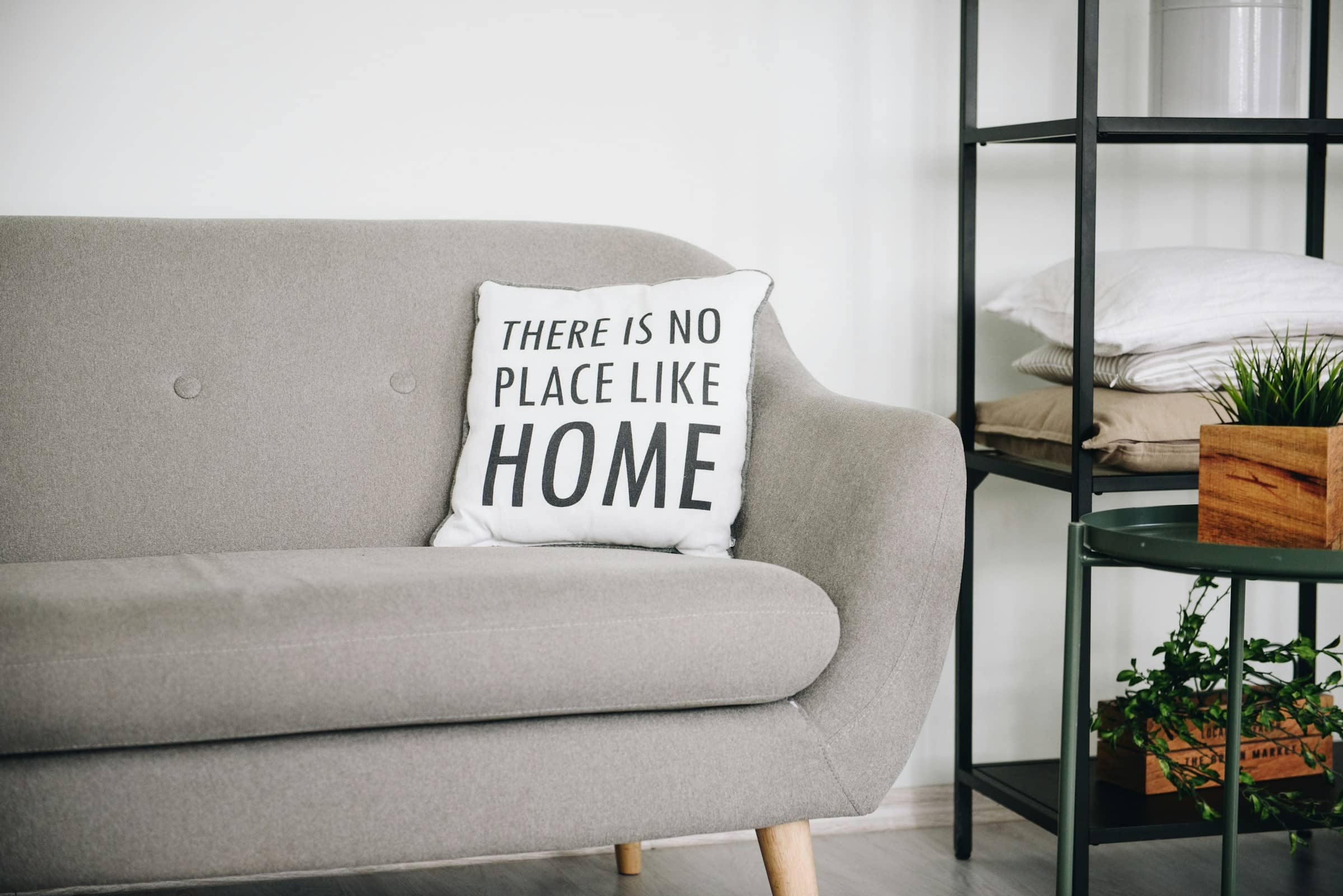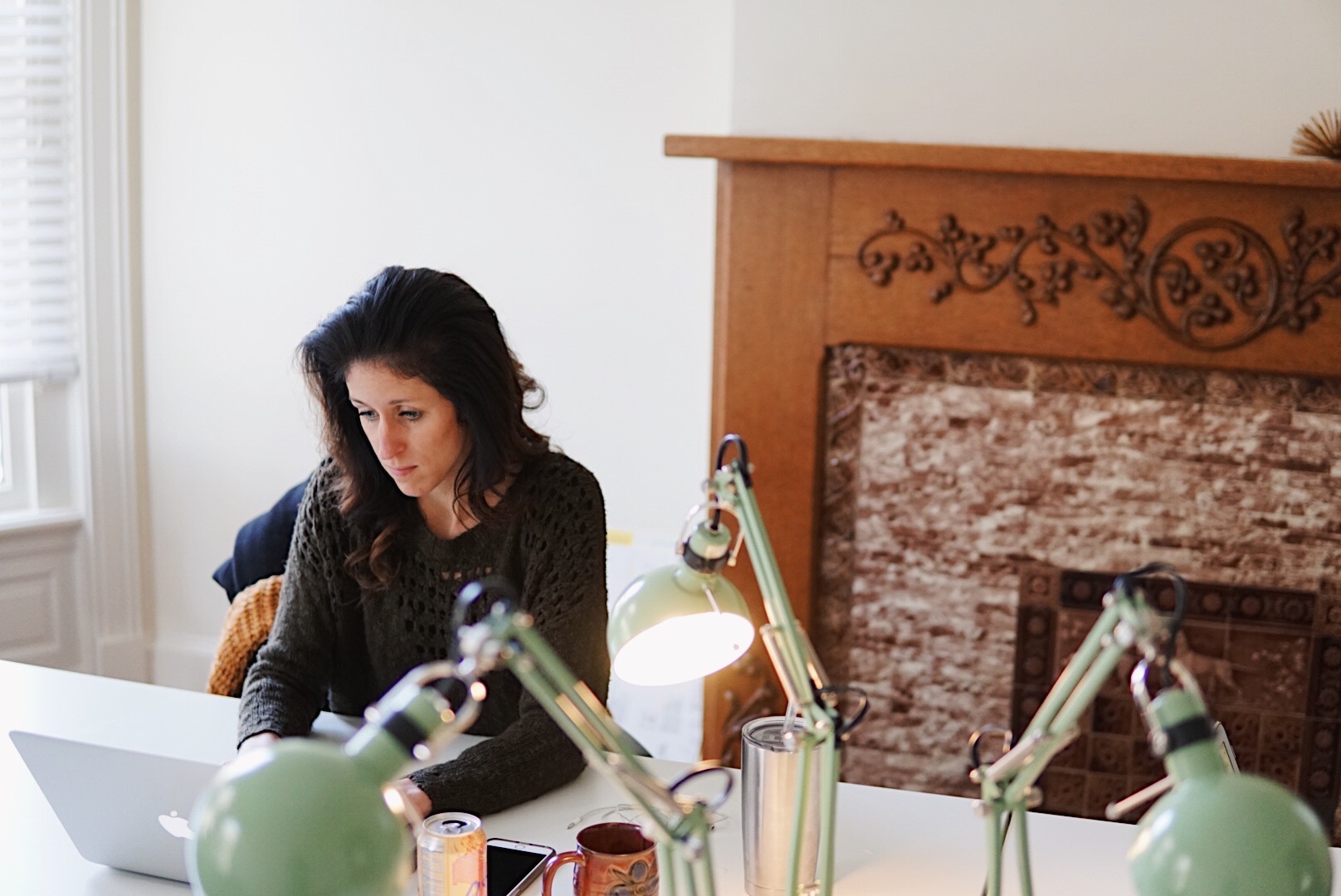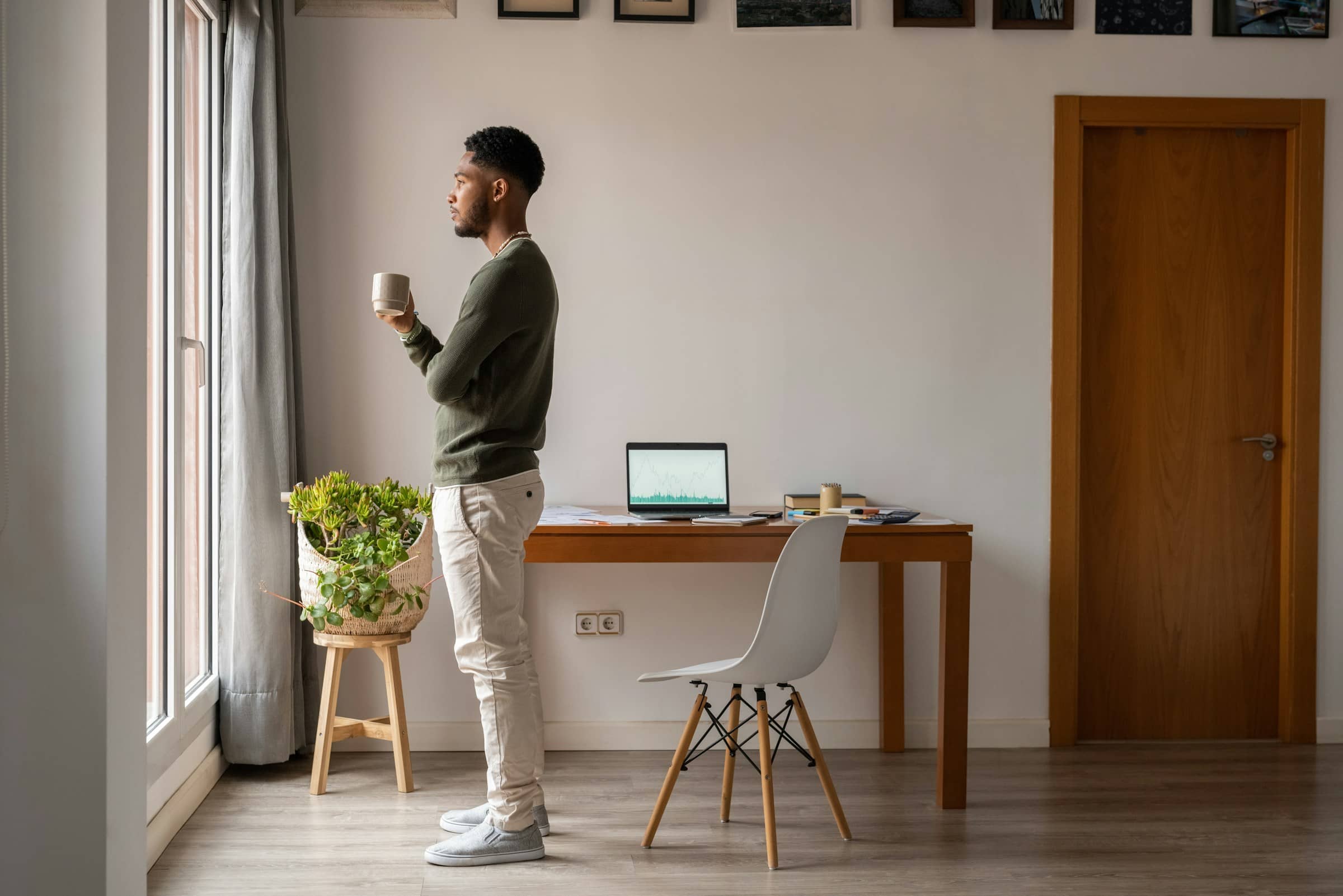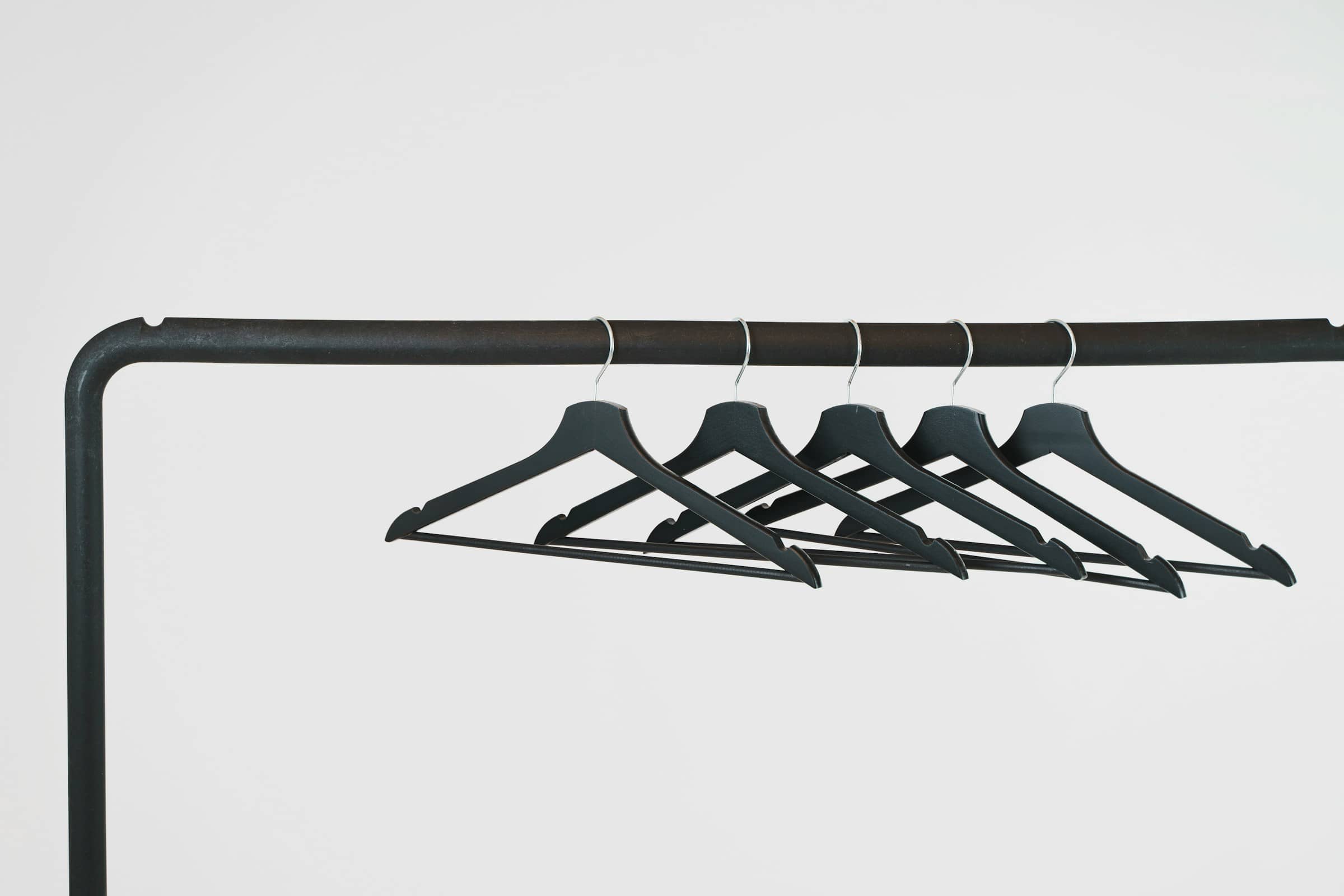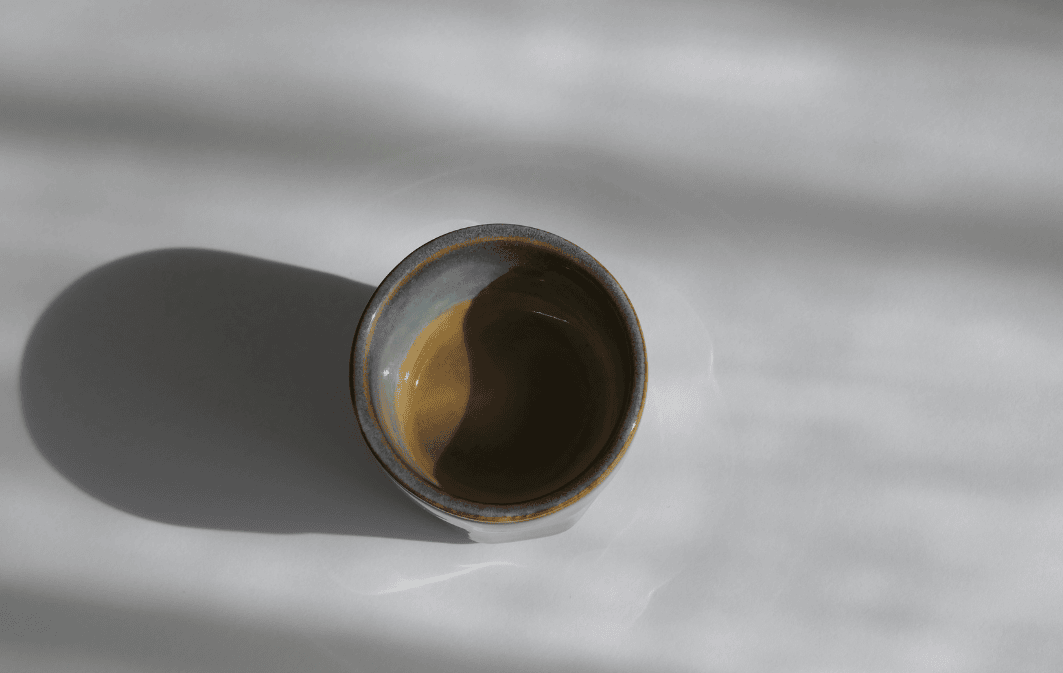“A comfortable home is a great source of happiness. It ranks immediately after health and a good conscience.” —Sydney Smith, 1843
It is difficult to overstate the importance we humans place on “home.”
I once heard a commentator speaking about the movie The Wizard of Oz. His opinion on why it has become such an iconic film was “because Dorothy’s journey is ultimately one where her entire goal is simply to return home. And that longing is true for each of us. We all desire a home where we are loved, accepted, and can return to when we need to.”
How interesting then, for me, when I stumbled across this almost 200-year old quote from Sydney Smith that speaks of almost the same truth: A comfortable home is a great source of happiness. On par (almost) with health and a pure conscience.
We know this to be true. Our homes are more than just buildings. They can be a great source of happiness. They are places of refuge away from the world and are the launching pad from which we enter the world to hopefully live out the best versions of ourselves.
They are places to share our dreams and fears. They protect our families and both keep our memories and allow us to create new ones. Our home is a place to find hope, grow safely, and experience peace in a unkind world.
And at this point, I must mention that I am speaking of an idealized version of home. Not everyone has fond memories of home or lives today in a home where safety can be found. Some experience just the opposite and I am not discounting that reality.
It is true, in many ways, that none of us live in a perfect home because our homes are always occupied by imperfect humans. But I believe our desire for home to be safe, accepting, calm, and comfortable is part of the human spirit. And if you do not have one, you likely understand this longing more than most.
A comfortable home is indeed a great source of happiness.
If that is true, we would be wise to care deeply about the things we bring into it, keep in it, and how our belongings affect that level of comfort.
Sometimes we do that well. Other times, our homes are filled with things we don’t really need. Items we bought thinking they would make life better sometimes end up making it more complicated, more stressful, less functional, and less comforting.
Even worse, when we fill our homes with excess possessions, we negatively affect the other two variables mentioned in the quote: both health and conscience.
Health
Studies show that clutter is bad for our health—both physically and mentally.
For example, researchers at UCLA have discovered a link between high levels of stress hormones and a high density of household objects. In other words, clutter increases stress levels—almost undoubtedly.
Princeton scientists discovered that a cluttered environment limits our ability to focus. Their study reports that a visually disorganized environment has neurological effects similar to what we experience when barraged and overwhelmed by lots of different noises at once.
And clutter can even cause overeating, asthma, impaired learning, and loss of sleep quality.
When we own more than we need, we negatively affect two variables of happiness: home and health.
But that’s not all. Owning too much also negatively affects our conscience as well.
Good Conscience
Overconsumption is ultimately a result of misplaced intentions and resources. Nobody’s greatest value in life is to just own as much stuff as possible.
We dream bigger dreams for our life. We want to be faithful, loving, and kind. We want to be available to the people in our life. And we want to make a difference. These are the values and pursuits that align with heart, soul, and conscience.
But living with good conscience means making choices that match our values. This is where minimalism is so beneficial. Minimalism helps us buy less, buy intentionally, and match both our spending and energy with our values.
Making thoughtful choices about what we bring into our homes means we spend money and resources on things that truly matter to us. When we align our time and money and energy intentionally with our greatest values, we live with a clearer conscience.
Why Less Is More
Sydney Smith was an English writer in the early 1800’s and could certainly never have predicted the amount of things we accumulate in the modern world or the size of our homes.
But his wise words continue to ring true.
Here is his ranking of the top three factors for happiness: health, good conscience, comfortable home.
Embracing minimalism results in all three. It can improve our health by reducing stress. It can clear our conscience by helping us make intentional choices aligned with our values. And it can make our homes more comfortable by eliminating clutter and distraction.
Less clutter, more happiness.
